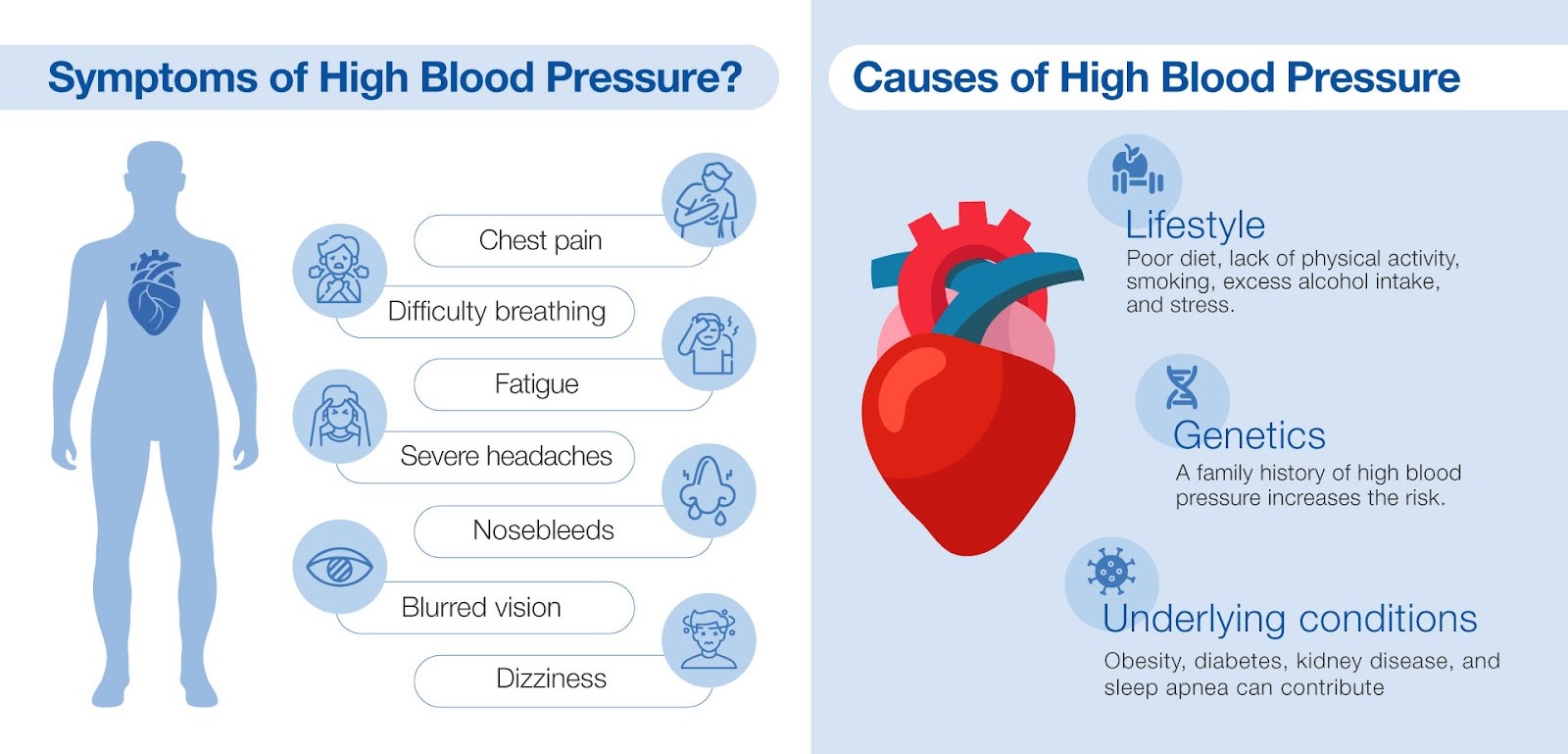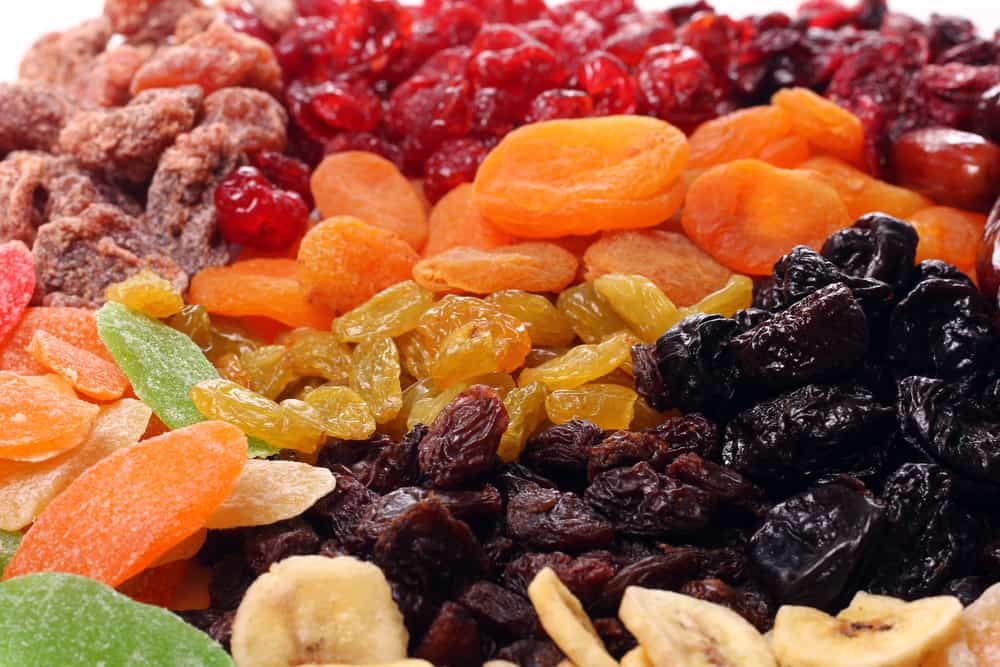The Silent Killer Among Us
By: Javid Amin
High blood pressure (hypertension) is often called the “silent killer” because it inflicts damage over years without warning. In India today, roughly 25–30% of adults are hypertensive—many unaware—which elevates risk of heart disease, stroke, kidney failure, and more. For India’s fast-paced, stress-filled lives, understanding and managing blood pressure isn’t optional—it’s essential to reduce avoidable death and disease.
Hypertension in India: An Alarming Snapshot
-
National surveys (NFHS-4, NFHS-5, Lancet reanalysis) estimate that 11–27% of adults aged 15–49 have hypertension.
-
Urban dwellers report slightly higher rates (~12.5%) than rural (~10.6%).
-
Globally, 19% of all deaths are tied to raised blood pressure.
-
Shockingly, less than 25% of Indian patients have their BP under control between 2016–2020 .
-
In cities like Mumbai, nearly 30% of adults and 20% of young adults are hypertensive; 63% are unaware .
Medical & Lifestyle Causes: The 7 Pillars of Hypertension
Poor Diet & Excess Salt
Sodium causes fluid retention that increases blood volume and pressure. Average Indian salt intake is over 12 g/day—double the WHO’s <5 g/day target. High salt plus processed foods and unhealthy fats push vessels to stiffen and malfunction.
Physical Inactivity
Sedentary lifestyles stunt heart strength. Just 30 minutes of brisk walking daily helps strengthen the heart, reduce weight, and significantly lower blood pressure .
Obesity & Overweight
Extra weight means higher cardiac workload. Obesity increases hypertension risk fivefold, accounting for ~85% of adult cases with BMI >25. Losing 5–10% body weight can dramatically reduce BP .
Chronic Stress
Permanent stress triggers cortisol/adrenaline spikes, tightening vessels. Combined with poor habits (e.g., unhealthy food, alcohol), stress becomes a major hypertension catalyst. Practice relaxation daily .
Medical Conditions
Kidney disease, diabetes, metabolic syndrome, thyroid disorders can cause secondary hypertension. These conditions disrupt salt/fluid balance. India has over 212 million diabetics . Treatment must address root causes.
Genetics & Family History
Blood pressure inheritance explains 30–50% variation. While unchangeable, genes underscore importance of lifestyle management.
Smoking & Alcohol
Smoking harms vessels, raises BP, and blocks meds. Drinking excessively (>2/day men, >1/day women) raises BP and reduces medication efficacy.
Hidden Drivers & Supportive Data
Ultra-Processed Foods & Sugar
Foods with refined sugars stiffen vessels and disrupt insulin, raising BP .
Poor Sleep & Pain
Sleep deprivation and chronic pain cause sympathetic activation that elevates BP.
Medications & Supplements
Some OTC meds and supplements can constrict arteries or worsen fluid retention; always consult your doctor.
Environmental Influence
City spouses share BP trends. Pollution, heat, stress impact blood pressure .
The Consequences of Untreated Hypertension
-
Cardiovascular disease (heart attack, stroke)
-
Kidney failure from microvascular damage
-
Vision loss, cognitive decline, metabolic syndrome complications .
-
Indian data shows hypertension as India’s #1 risk factor—over 1.6 million deaths & 33 million years lost in 2015 alone.
How to Fix It: Medical & Lifestyle Strategies
Salt Reduction
Cutting down to <5 g/day of salt can prevent many hypertension-related deaths. Use herbs, avoid processed foods, and adopt iodized salt labels.
DASH & Heart-Healthy Diets
DASH diet (rich in fruits, veggies, low-fat dairy) lowers systolic BP by ~11 mmHg. Indian values show similar benefits using whole grains and fruits.
Control Weight
Losing even 4.5 kg can drop BP significantly. Focus on sustainable weight loss.
Regular Exercise
Combine aerobic (walking, jogging), resistance, breathing exercises. Studies show consistent reductions in systolic/diastolic pressures .
Quit Smoking & Limit Alcohol
Stop smoking; set alcohol limits as per CDC/Indian standards .
Stress Management
Practice yoga, meditation, deep breathing. Biofeedback and guided relaxation lower BP layers .
Treat Underlying Conditions
Control diabetes, kidney disease, thyroid issues with doctor supervision. Early detection is crucial .
Monitor & Medication
Adhere to guidelines (ISH, ACC/AHA, Indian) for consistent monitoring. Home BP monitoring helps detect “white-coat hypertension”. Medications should be personalized.
National Programs & Guidelines in India
-
National Hypertension Guidelines (2019, 2023): stress salt limits, lifestyle change, home monitoring.
-
NHM & ICMR efforts: May Measurement Month, front-of-package labeling, awareness campaigns .
-
Urban initiatives: Mumbai’s BMC campaign tested 25 lakh people, found 1.4 lakh at risk .
Success Stories: Indians Winning Against Hypertension
-
Urban hypertension control improved from <10% to >25% since 2010 .
-
Gujarat saw 50% increase in cardiovascular drug use in 2 years as part of better awareness and prescriptions.
-
DASH trials show 11-point drop in systolic pressure in two weeks.
Your Personalized Hypertension Action Plan
| Step | What to Do | Why It Matters |
|---|---|---|
| 1 | Check BP regularly (home & clinic) | Detect early, avoid damage |
| 2 | Revamp Diet (reduce salt, adopt DASH) | Lowers pressure without meds |
| 3 | Stay Active | Boosts heart efficiency |
| 4 | Lose Weight | Less strain on heart |
| 5 | Quit Smoking/Drinking | Prevents vessel damage |
| 6 | Manage Stress | Reduces hormone-induced spikes |
| 7 | Address Medical Conditions | Remove root causes |
| 8 | Monitor & Take Meds | Maintains control |
FAQs On Blood Pressure
-
What is normal? Under 120/80 mmHg
-
When is it high? ≥130/80 per ACC/AHA (≥140/90 per Indian guidelines)
-
Can kids have hypertension? Yes—especially with obesity, sedentary life.
-
Is home monitoring accurate? Yes—if done with validated devices and correct technique
Looking Ahead: A Healthier India
India is turning the corner on hypertension—with better awareness, stronger guidelines, and growing public commitment. But there’s more to do:
-
Implement national salt reduction targets (30% by 2030)
-
Expand free BP screening camps in rural areas
-
Enforce healthier school canteens and reduce junk food ads
-
Provide mental health support alongside hypertension care
Remember: High blood pressure is not destiny. With the right habits and medical guidance, it can be reversed or managed—protecting you from its silent menace.
Key Takeaways
-
Hypertension affects nearly one-quarter of adults in India—and many don’t know it.
-
Key causes: salt, obesity, stress, genetics, sedentary life, medical conditions.
-
Effective solutions: DASH diet, exercise, weight loss, stress relief, quit smoking, appropriate medication.
-
Use this plan: check, fix, monitor, treat.
-
National programs are active—but individual action remains the best defense.
Further Resources
-
Indian Hypertension Guidelines (2019, 2023)
-
DASH diet info from NIH
-
NFHS blood pressure data
-
ICMR campaigns
By turning science into habits—salt awareness, regular walks, healthy food choices, sleep, stress care—you can take control over the silent threat of hypertension. Start today. Your heart (and future) will thank you.



